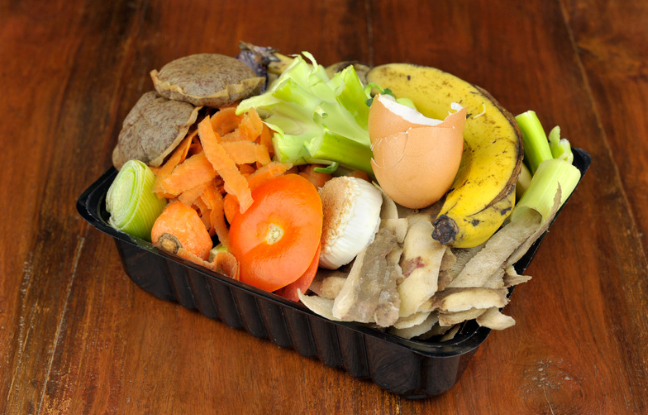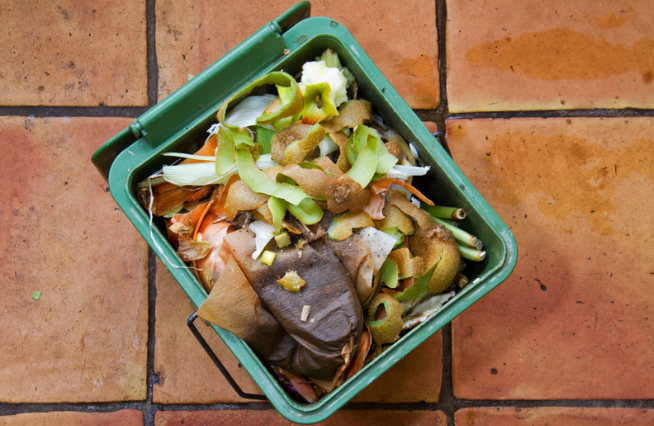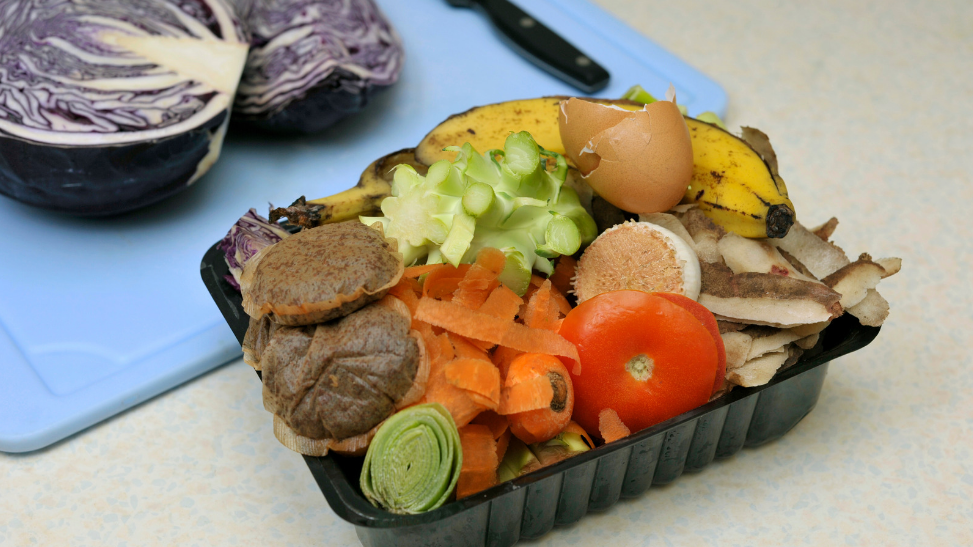In any case, waste management is a necessary part of daily living. It is critical in our homes, and its importance becomes much more when it is part of your business. Kitchen waste management, particularly in the restaurant industry, may make or break a business’s success. As a result, individuals in the food industry take extra precautions to guarantee that their kitchens are always up to code when it comes to trash disposal. In a more practical sense, improper kitchen waste management will cost your company money, which is the last place you want to be while running a company. Aside from that, the government will be all over your company and may even revoke your operating license. If you are unconcerned about this, you should be aware that improperly disposed of kitchen garbage can cause severe environmental damage.
Importance of Waste Management in the Food Industry

- Protects The Environment: When your business follows correct garbage disposal processes, you are helping to protect the environment.
Food waste that ends up in a landfill emits a lot of methane gas, which is one of the most harmful greenhouse gases. You contribute to climate change by not properly disposing of your trash.
- Protects Your Customers: Restaurants are in the business of providing high-quality cuisine to their customers. Proper sanitation standards, especially where food is made, go hand in hand with safe and sanitary food.
It translates to the customer’s well-being when your institution cares about how the food is prepared and recycles enough food waste.
- Protects You And Your Employee: Securing your workers’ workspace and ensuring they have a secure area to engage in their activities also translates to guaranteeing workplace cleanliness and appropriate kitchen waste disposal.
Employees are healthier and less prone to accidents, resulting in increased production. As a business owner, you may be certain that your company will continue to operate without running afoul of sanitation regulations.
How To Maintain Waste Management?

- Food trash and other waste products should be removed from places where food is handled, prepared, or made on a regular basis.
- Provide a large enough garbage or dustbin with a cover on the premises for waste collection. A bin should feature a mechanism that allows it to be opened without touching it.
- Have the trashcan emptied and disinfected on a daily basis, then dried before the next usage.
- When putting rubbish in the bins, separate liquid and solid waste.
- Place your waste cans in such a way that they do not contaminate the food preparation process.



